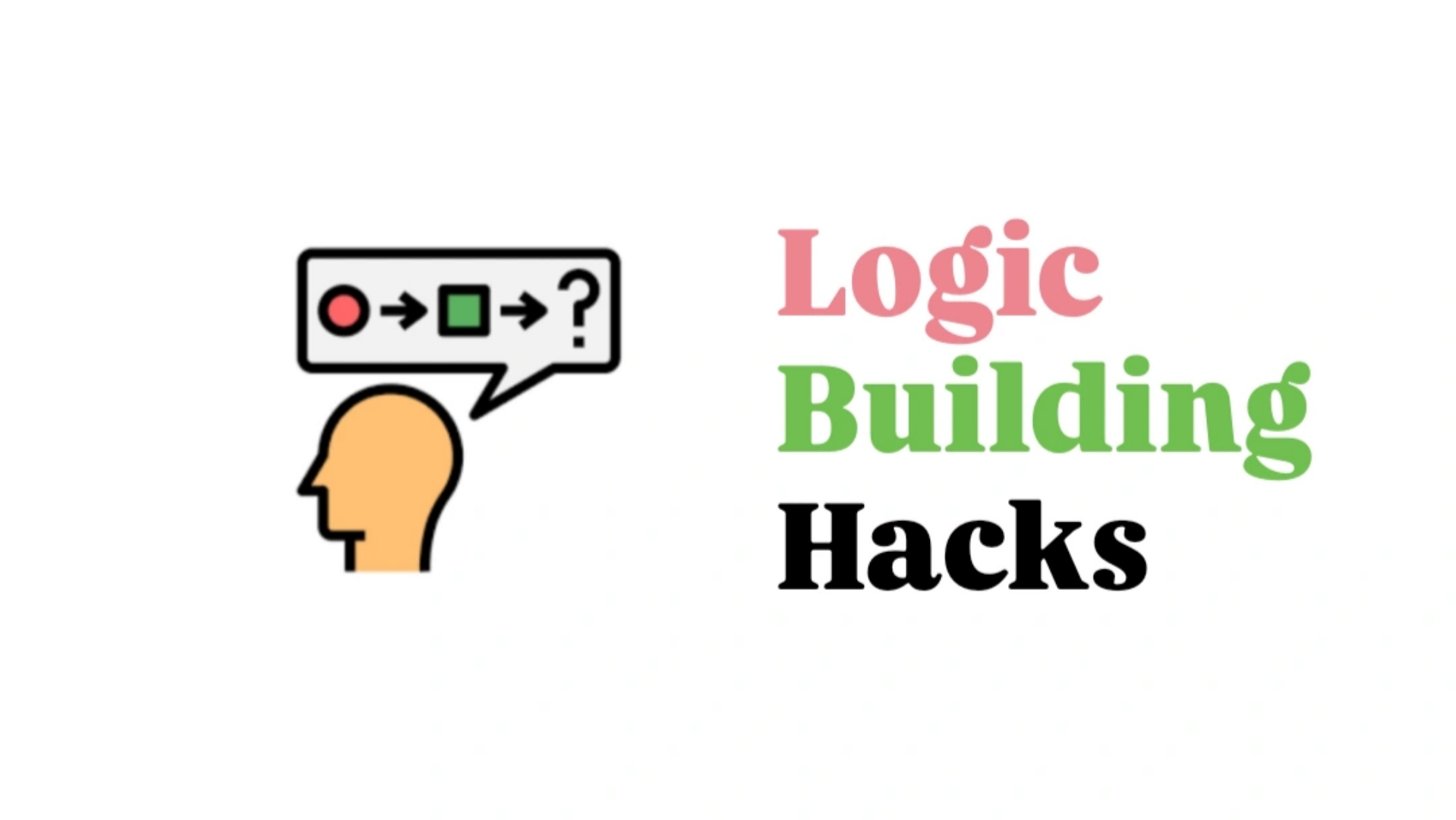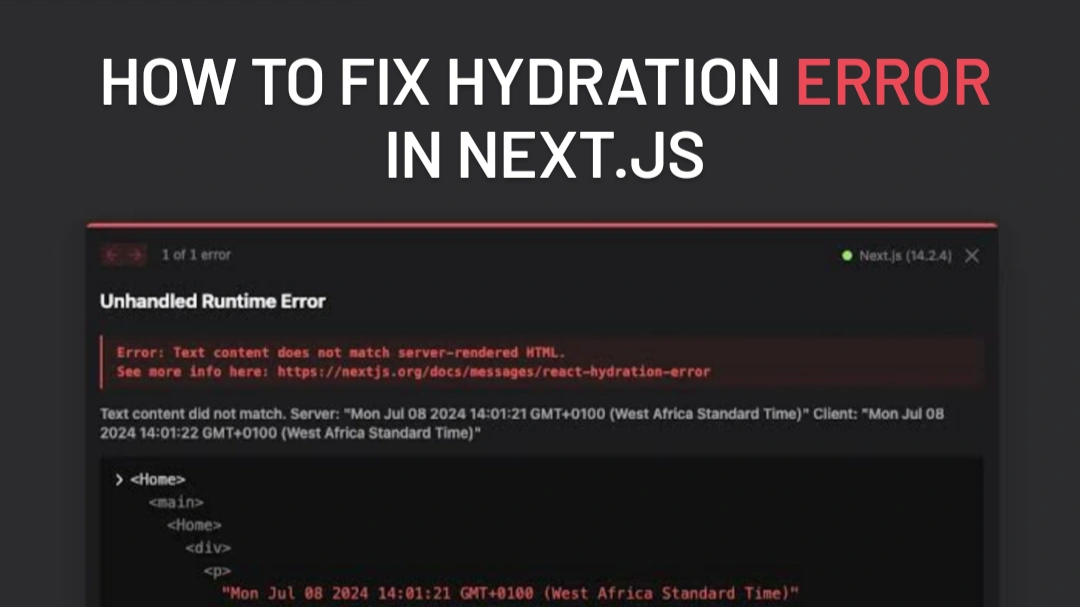How to Build Strong Logic in Programming

When I started coding, I struggled a lot with building logic. I’d watch tutorials, follow them step by step, but when it came to solving problems on my own, I felt stuck. I knew the syntax, but I couldn’t apply it to real-world problems. It took me a while to realize that logic building isn’t just about learning a programming language—it’s about learning how to think like a programmer.
If you’re going through the same struggle, I get it. So, I’m sharing what worked for me and how I slowly built my problem-solving skills. Hopefully, this helps you speed up your learning journey.
1. Start Small, Break It Down
When I began solving problems, I’d often jump straight into the code and get overwhelmed. I realized that the key is to break the problem into smaller pieces.
Read the problem carefully.
Identify the input and expected output.
Break the problem into small, manageable steps.
For example, if you’re asked to reverse a string, don’t think about the entire task at once.
First, figure out how to access each character.
Then, think about how to store the reversed result.
Finally, combine the steps.
Breaking things down makes it easier to visualize the solution.
2. Dry Run the Code on Paper
This is something I avoided at first, but once I started doing it, things became clearer. Dry running means writing down each step of your code and following it manually, like a computer would.
Trace each step with sample input.
Check what values your variables hold at each stage.
Identify where things go wrong.
It feels slow, but trust me, this helps you understand the flow of your code better.
3. Practice Patterns and Simple Problems
I used to think logic building would come naturally with time. But I was wrong—practice matters. Start with simple problems like:
Print patterns using loops.
Check if a number is prime.
Reverse a string or an array.
Patterns, in particular, helped me a lot because they trained my brain to think in loops and conditions. Once you get comfortable with these, move on to slightly complex problems.
4. Learn to Ask ‘Why’ and ‘What If’
When I started questioning why something worked and what if I changed a part of the code, I learned faster.
Why do I use a loop here?
What if I change the condition?
What happens if I increase the loop counter by 2 instead of 1?
Asking these questions forces you to explore different possibilities and understand how things work behind the scenes.
5. Debug Like a Detective
Debugging was another game-changer for me. Initially, I’d get frustrated when my code didn’t work. But once I treated debugging like solving a mystery, I got better at it.
Use console.log() or print statements to check variable values.
Go through the code step by step to see where it deviates from what you expect.
Fix one thing at a time instead of changing everything at once.
Debugging teaches you to read and understand code, which indirectly helps with logic building.
6. Solve Real-World Problems
The best way to sharpen your logic is by solving problems that mimic real-world scenarios. I started working on small projects, like:
Building a to-do list.
Creating a simple calculator.
Developing a basic CRUD app.
These projects forced me to think about how to structure the logic and solve problems dynamically.
7. Explore Different Approaches
I used to stick with the first solution that worked, but I later realized that exploring multiple approaches helps you grow.
Try solving the same problem using loops, recursion, or built-in functions.
Optimize your solutions by reducing time and space complexity.
When you explore different methods, you start understanding which approach works best in different situations.
8. Consistency is Key
Finally, consistency matters. You don’t need to code for 5 hours a day—just 1-2 focused hours regularly can do wonders. Even if you practice small problems daily, over time, your logic-building skills will improve.
Final Thoughts
If you’re struggling to build logic, don’t give up. It’s not about memorizing code or syntax—it’s about training your brain to break problems down, think step by step, and experiment with solutions. It took me time, but once I followed these tips, things started falling into place.
So, start small, ask questions, and most importantly, keep practicing. Your future self will thank you!



